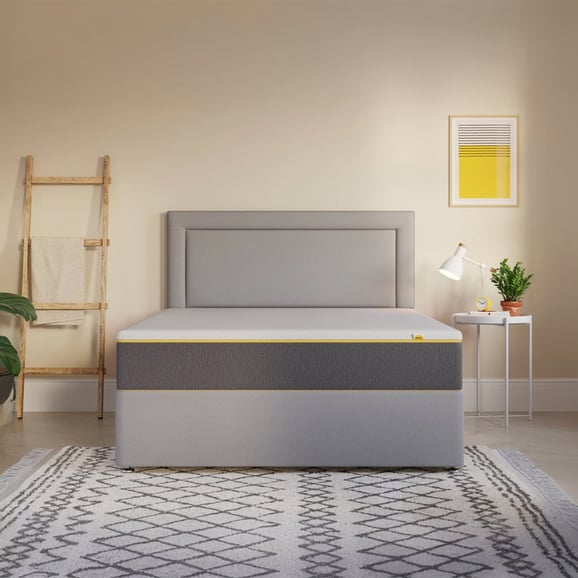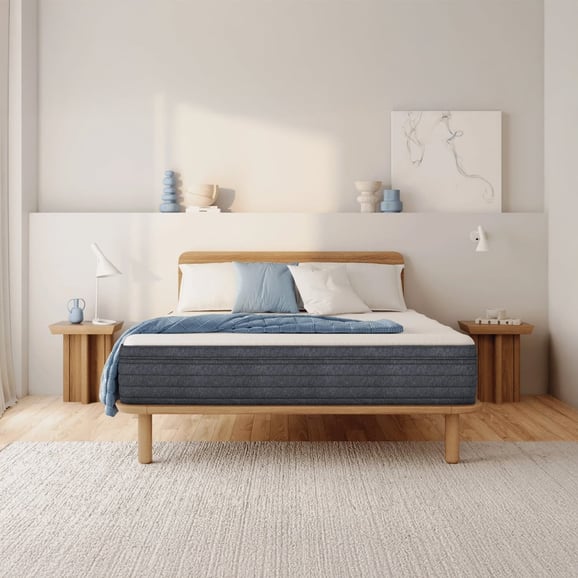Have you ever woken up with a blocked nose? It can be an uncomfortable feeling that can make it difficult to even breathe. It can also be a sign of an underlying medical condition. But is it dangerous to sleep with a blocked nose? In this article, we will explore the potential dangers of sleeping with a blocked nose, how to prevent it, and how to unblock it naturally.
What is a Blocked Nose?
A blocked nose is a condition where the nasal passages become congested and it becomes difficult to breathe. It can be caused by many different factors, including allergies, colds, sinus infections, or even the weather. It is important to understand what is causing the blockage in order to treat it properly.
What are the Dangers of Sleeping with a Blocked Nose?
Sleeping with a blocked nose can be dangerous for a number of reasons. First, it can disrupt your sleep and make it difficult to get a good night’s rest. This can lead to fatigue, irritability, and a weakened immune system. Second, it can also cause a buildup of mucus in the nasal passages, which can lead to further blockage and infections. Finally, it can cause snoring and sleep apnea, which can be dangerous and even lead to heart problems.
How to Prevent a Blocked Nose While Sleeping
The best way to prevent a blocked nose while sleeping is to keep your bedroom environment free of allergens and irritants. This means making sure the air is clean and free of pollutants, dust, and pollen. It is also important to keep the temperature of your bedroom cool and comfortable.
You should also avoid sleeping on your back, as this can cause the nasal passages to become blocked. Instead, try to sleep on your side or stomach.
In addition, using a humidifier in the bedroom can help keep the air moist and reduce the risk of a blocked nose. This is especially helpful for those who suffer from allergies or sinus infections.
The Effect of Sleeping on the Side and Back
Sleeping on your side can help reduce the risk of a blocked nose, as it allows the nasal passages to remain open. This can also help reduce snoring and sleep apnea.
Sleeping on your back, on the other hand, can cause the nasal passages to become blocked. This is because the head is tilted back, causing the throat to close off and preventing air from moving through the nasal passages. This can cause snoring and sleep apnea, and can even lead to heart problems.
Other Factors that Contribute to Blocked Nose
In addition to sleeping position, there are other factors that can contribute to a blocked nose. These include smoking, drinking alcohol, eating too close to bedtime, and stress. All of these can cause the nasal passages to become blocked, making it difficult to breathe.
It is also important to keep in mind that if you are suffering from allergies or a sinus infection, it can make it more difficult to breathe. This is why it is important to consult with a doctor if you are having difficulty breathing or if your symptoms persist.
How to Unblock a Blocked Nose?
If you are suffering from a blocked nose, there are a few things you can do to help unblock it. The first is to use a nasal spray or saline solution. These can help to open the nasal passages and reduce congestion.
You can also try using a neti pot to help flush out the nasal passages. This is a small pot filled with a saline solution that you pour into your nose. It can help to flush out allergens and irritants and reduce congestion.
Natural Remedies for Blocked Nose
In addition to using a nasal spray or neti pot, there are also a few natural remedies that can help to unblock a blocked nose. One of the most popular is steam inhalation. This involves boiling a pot of water and then leaning over the pot and inhaling the steam. It can help to open the nasal passages and reduce congestion.
Another popular remedy is essential oils. These can help to reduce inflammation and open the nasal passages. Popular essential oils for treating blocked noses include eucalyptus, peppermint, and tea tree oil.
How to Use Technology to Help with Blocked Nose
Technology can also be used to help with a blocked nose. There are a number of apps and devices available that can help to reduce congestion and open the nasal passages.
One popular device is the nasal dilator. This is a small device that is inserted into the nose and helps to open the nasal passages. It is designed to be comfortable and can be used while sleeping.
Another popular device is the nasal aspirator. This is a small device that is inserted into the nose and helps to remove mucus and other blockages. It is an effective way to reduce congestion and open the nasal passages.
Finally, there are a number of apps available that can help to reduce congestion and open the nasal passages. These apps use a variety of methods, including aromatherapy, sound therapy, and breathing exercises.
So.. is it dangerous to sleep with a blocked nose?
A blocked nose can be an uncomfortable feeling that can make it difficult to breathe. It can also be a sign of an underlying medical condition. But is it dangerous to sleep with a blocked nose? In this article, we explored the potential dangers of sleeping with a blocked nose, how to prevent it, and how to unblock it naturally.
We discussed the importance of keeping the bedroom environment free of allergens and irritants, and avoiding sleeping on your back. We also discussed the effect of other factors, such as smoking, drinking, and stress, and how they can contribute to a blocked nose.
Finally, we discussed how to unblock a blocked nose, including using nasal sprays, neti pots, steam inhalation, essential oils, and technology.
If you are suffering from a blocked nose, it is important to consult with a doctor to determine the underlying cause. With the proper treatment, you can reduce the risk of a blocked nose and get a good night’s rest.














